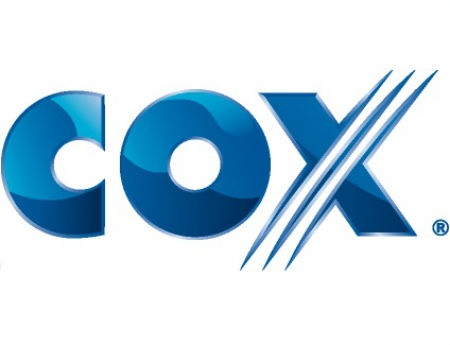Cox Asks Supremes to Hear Sprint Patent Case
The smarter way to stay on top of the multichannel video marketplace. Sign up below.
You are now subscribed
Your newsletter sign-up was successful

Cox Communications this week asked the Supreme Court to hear its challenge to a decision that its VoIP service infringes various Sprint patents.
Sprint claimed Cox was employing the patents in its voice service without permission.
RELATED: Sprint Sues Comcast, TWC, Cox And Cable One Over VoIP Patents
In a filing for a writ certiorari, Cox told the Supreme Court that the U.S. Court of Appeals for the Federal Circuit errored when it overturned a lower court decision that Cox had not violated the Sprint patents. That is the federal appeals court that specializes in patent and trademark cases.
Cox had claimed that Sprint's patents were "indefinite" and impermissibly asserting a claim over "every way of performing a function on a general-purpose computer."
Cox asserts that "It has long been “well understood” that a “patentee may not by claiming a patent on the result or function of a machine extend his patent to devices or mechanisms not described in the patent."
RELATED: Sprint Awarded $139.8M in TWC Patent Suit
The smarter way to stay on top of the multichannel video marketplace. Sign up below.
The company says the Federal Circuit broke with Supreme Court precedent, the Federal Circuit's own precedents, and turns the "indefiniteness" standard on its head.
It says the Supremes need to take the case "to confirm that functionally claimed structures are indefinite—a question of immense practical importance, especially for computer- and software-implemented inventions."
Cox also points to a circuit split over whether "general purpose computers" provide "sufficient structure for software functions." The Federal Circuit found that "processing system" was a sufficiently "definite" structure.
Differing decisions from lower courts is one of the reasons the Supremes will agree to hear an appeal.
Contributing editor John Eggerton has been an editor and/or writer on media regulation, legislation and policy for over four decades, including covering the FCC, FTC, Congress, the major media trade associations, and the federal courts. In addition to Multichannel News and Broadcasting + Cable, his work has appeared in Radio World, TV Technology, TV Fax, This Week in Consumer Electronics, Variety and the Encyclopedia Britannica.

